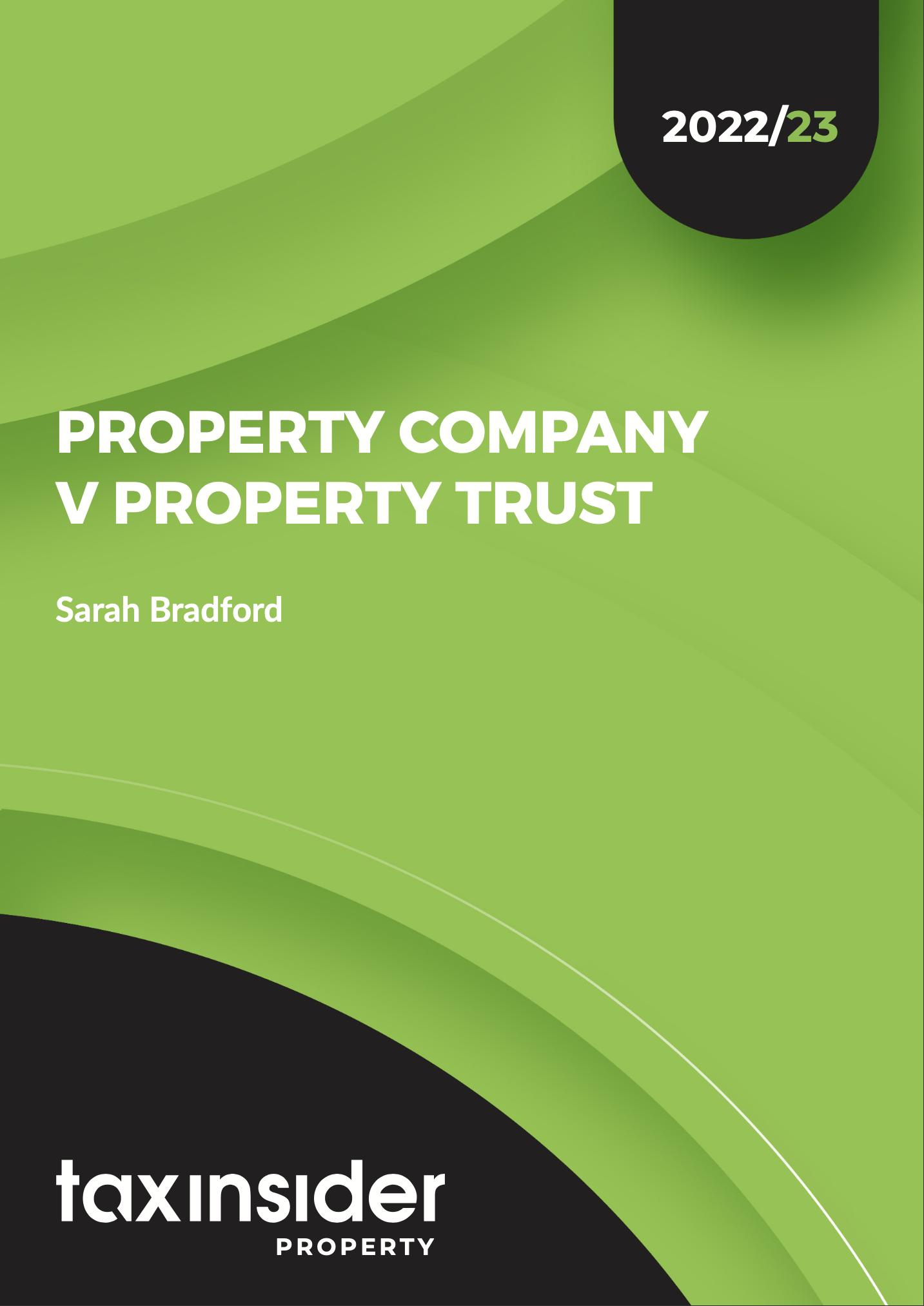 Mark McLaughlin looks at a possible way to transfer funds to a family discretionary trust without affecting the settlor’s inheritance tax position.
Mark McLaughlin looks at a possible way to transfer funds to a family discretionary trust without affecting the settlor’s inheritance tax position.
For more in depth discussion on this important area of property taxation, please see our recently updated guide, 'Property Company V Property Trust'. Save 40% today!
-------------------------------
A trust for family members can be very useful in various ways. For example, a discretionary trust for the grandchildren could help towards paying their university fees and living expenses.
A matter of trust
There are inheritance tax (IHT) implications for the grandparents in that example. A lifetime transfer of funds into a discretionary trust is normally an ‘immediately chargeable transfer’, which (subject to an annual exemption of £3,000, if available) reduces each grandparent’s available IHT ‘nil rate band’ (£325,000 for 2022/23). To the extent that the nil rate band has already been used or is exceeded, a lifetime IHT charge at 20% arises, with a possible additional charge on the grandparent’s death within seven years.
However, the grandparent’s transfer of funds into trust can be immediately exempt for IHT purposes if certain conditions are satisfied (i.e., there is no seven-year survival requirement). This exemption (‘normal expenditure out of income’) applies if the taxpayer can show that the gift satisfied all the following conditions (IHTA 1984, s 21):
- it was part of the donor’s normal expenditure;
- it was made from their income; and
-
it left the donor with enough income to maintain their usual standard of living.
There is no fixed upper limit to the exemption; it is limited only to the extent that the donor’s gift satisfied the above conditions.
Jumping the hurdles
What is ‘normal’? HMRC confirms (in its Inheritance Tax manual, at IHTM14241) that it is possible for a single gift to qualify for the exemption, if it is (or is intended to be) the first of a pattern, and there is evidence of this (e.g., a standing order). HMRC’s general approach is to require a pattern of giving to be demonstrated, normally over three to four years (see IHTM14242).
Can income be carried forward and gifted in a future tax year? HMRC’s view is that income eventually becomes (non-exempt) capital: “At some point it becomes capital but there are no hard and fast rules about when this point is. If there is no evidence to the contrary, we consider that income becomes capital after a period of two years” (IHTM14250).
The ‘usual standard of living’ test is considered when the gift is made, so a change in usual living standards due to reasons outside a donor’s control (e.g., redundancy) will not necessarily be fatal for exemption purposes, if an earlier commitment had been made when the surplus income was available.
Small but perfectly formed
Discretionary trusts are liable to IHT charges, such as at every ten-year anniversary and when capital is distributed to trust beneficiaries. The amount of IHT depends (among other things) on the availability of an IHT nil rate band for the trust. The settlor’s cumulative total of chargeable gifts in the previous seven years are taken into account for IHT rate purposes.
However, gifts which are subject to the normal expenditure exemption do not affect the donor’s cumulative total. Consequently, the trust may have a full nil rate band available to shelter its funds from IHT charges (in any event, the maximum IHT rate for trusts is generally only 6%).
Practical tip
If both grandparents make exempt gifts into trust, they are both treated as ‘settlors’ for IHT purposes, which can result in more funds being held in trust without 10-year anniversary or ‘exit’ charges when capital is distributed to the grandchildren, as each trust has its own nil rate band in calculating the IHT rate (see IHTM42253).



